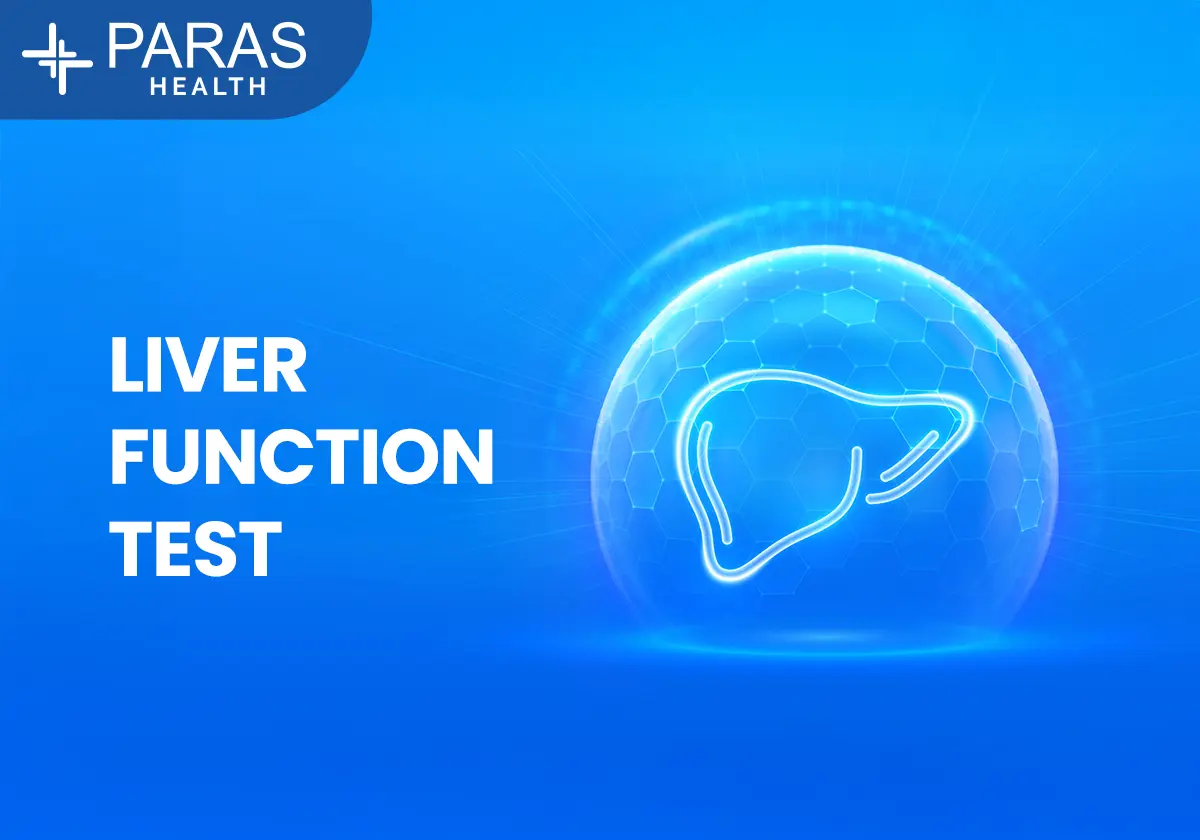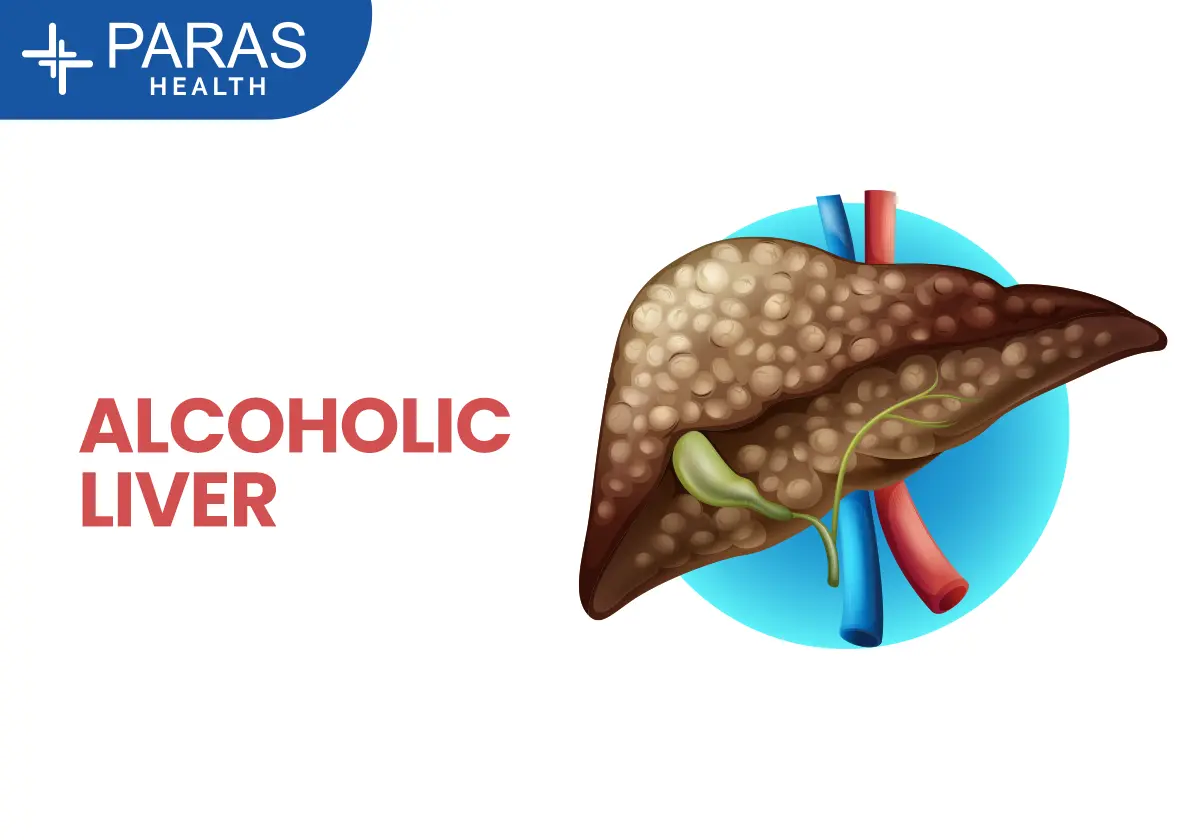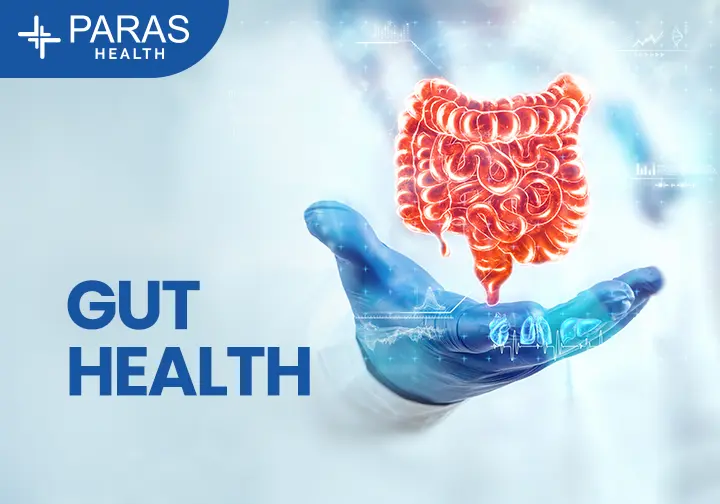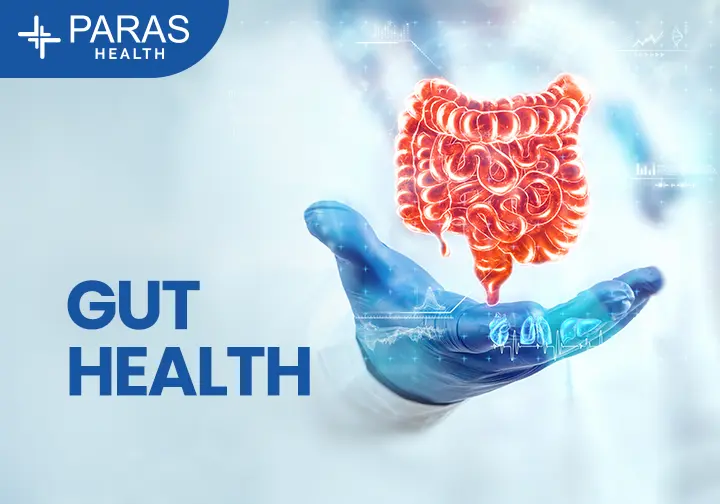Beat Constipation Naturally with These 10 Simple Lifestyle Tips
Oct 27, 2025
Constipation is something almost everyone experiences at some point in life. It means having fewer bowel movements than usual, or passing hard and dry stool that’s difficult to eliminate. While occasional constipation is common, frequent or chronic constipation can make you feel bloated, uneasy, and fatigued.
But here’s the good news — you can often find relief through natural remedies for constipation without relying on chemical laxatives.
In this article, we’ll explore 10 effective ways to get rid of constipation naturally. These home remedies and lifestyle tips are gentle, safe, and long-lasting.
Drink Enough Water – Hydration and Constipation Relief
One of the simplest yet most ignored causes of constipation is dehydration. When your body lacks water, the colon absorbs extra moisture from the stool, making it dry, hard, and painful to pass. Drinking 8–10 glasses of water daily helps your digestive system work efficiently. Warm water, especially in the morning, acts as a natural stimulant for your intestines. A glass of warm water for constipation softens stool and supports smooth bowel movement.
Pro tip: Add a few drops of lemon juice to your morning water. Lemon’s natural acidity stimulates bile secretion, kickstarting your digestion.
Avoid excess caffeine or alcohol, as both can dehydrate you and worsen constipation.
Add Fibre-Rich Foods to Your Diet
If you want lasting constipation relief naturally, adding more fibre to your diet is the first step. Fibre works like a broom for your intestines — it adds bulk to your stool and helps it pass easily through the digestive tract.
There are two types of fibre:
- Soluble fibre, found in oats, apples, and bananas, absorbs water and softens stool.
- Insoluble fibre, found in whole grains, nuts, and vegetables, adds volume and helps stool move faster.
Some of the best foods for constipation relief include:
- Oats, brown rice, barley
- Papaya, apple, pear, banana
- Spinach, bottle gourd, carrots, broccoli
- Flaxseeds, chia seeds, and legumes
Try to include at least 25–30 grams of fibre daily. Start slowly to avoid bloating, and drink enough water to help fibre do its job.
Start Your Day with Lemon Water or Herbal Drinks
Your morning routine has a big impact on how your digestive system functions throughout the day. One of the most effective home remedies for constipation is starting your day with warm lemon water. Lemon contains vitamin C and citric acid, which stimulate your liver to produce bile — a natural digestive juice. Combined with warm water, it helps in softening stool and cleansing your intestines.
If you don’t like lemon water every day, try herbal remedies for constipation like:
- Ginger tea – reduces bloating and improves metabolism
- Fennel tea – relaxes intestinal muscles and eases digestion
- Peppermint tea – has a cooling effect and helps relieve gas
A simple morning drink routine can do wonders for your gut health over time.
Practice Regular Yoga for Constipation Relief
Yoga is one of the oldest and most trusted natural remedies for constipation.
It not only strengthens your abdominal muscles but also stimulates the digestive organs and relieves stress — one of the major hidden causes of constipation.
Try these effective yoga poses for constipation relief:
- Pawanmuktasana (Wind-relieving pose): Helps release trapped gas and improves bowel movement.
- Vajrasana (Diamond pose): Aids digestion after meals by increasing blood flow to the stomach.
- Bhujangasana (Cobra pose): Strengthens the abdomen and tones the digestive organs.
- Malasana (Squat pose): Encourages downward flow and easy elimination of stool.
Practicing yoga daily for 15–20 minutes keeps your gut active and prevents chronic constipation.
If you can’t do yoga, even regular stretching or walking can make a difference.
Follow a Consistent Morning Routine
Your body has an internal clock — and your digestive system loves consistency. Going to the toilet at different times every day can confuse this rhythm, causing irregular bowel habits.
Try to fix a morning routine for healthy bowel movement:
- Wake up at the same time every day.
- Drink a glass of warm or lemon water.
- Give yourself time to relax, breathe, and use the washroom without rushing.
Never ignore the urge to pass stool, even if you’re busy. Holding it back can make the stool dry and more difficult to expel later.
A regular morning habit can gradually train your body for timely bowel movements
Eat Probiotic-Rich Foods for Gut Health
A healthy gut has a balance of good and bad bacteria. When this balance is disturbed — due to poor diet, stress, or antibiotics — digestion slows down, and constipation can occur.
Adding probiotic-rich foods to your meals helps restore gut flora and support smoother digestion.
Some of the best options include:
- Yogurt or curd with live cultures
- Kefir (a fermented milk drink)
- Fermented pickles or kimchi
- Buttermilk or lassi
These foods help improve stool texture and bowel frequency. For those who don’t consume dairy, probiotic supplements or fermented soy products are good alternatives.
Stay Physically Active – Move Your Body Every Day
Sitting for long hours slows down digestion and weakens the muscles responsible for moving stool through your intestines. Even light activity like walking, stretching, or cycling can improve digestion and prevent constipation naturally.
Experts recommend at least 30 minutes of physical activity five days a week. Simple activities like taking the stairs, walking after meals, or standing while working for short periods can make a huge difference.
Remember — motion leads to bowel motion!
Try Ayurvedic and Herbal Remedies for Constipation Relief
Ayurveda has time-tested solutions for digestive health. Some popular Ayurvedic remedies for constipation are:
- Triphala churna: A blend of three fruits — Amla, Haritaki, and Bibhitaki — that acts as a gentle natural laxative. Take one teaspoon at night with warm water.
- Isabgol (Psyllium husk): A natural fibre supplement that absorbs water and adds bulk to stool.
- Aloe vera juice: Soothes the intestines and improves bowel consistency.
- Castor oil (in moderation): Traditionally used for quick relief, but consult a doctor before using regularly.
These herbal remedies for constipation provide gradual and lasting relief without side effects when used properly.
Avoid Processed and Junk Food
A diet full of processed, fried, and sugary foods can slow down your digestion dramatically. These foods lack fibre and essential nutrients, making it harder for your body to form and eliminate stool.
Limit or avoid:
- Fast food, burgers, and fries
- Processed cheese and refined flour (maida)
- Sugary snacks, soda, and caffeine-loaded drinks
Instead, switch to home-cooked meals with fresh vegetables, fruits, and whole grains.
Eating at regular times and chewing food slowly also improves digestion and reduces constipation.
Manage Stress and Get Enough Sleep
Your gut and brain are deeply connected — it’s called the gut-brain axis. When you’re stressed, anxious, or sleep-deprived, your digestive system slows down, which can lead to constipation.
Simple stress-management techniques can help:
- Deep breathing for 5 minutes a day
- Meditation or mindfulness
- Listening to calm music or spending time outdoors
- Sleeping 7–8 hours daily
Good sleep allows your digestive muscles to rest and recover, while low stress keeps your gut rhythm consistent.
When to See a Doctor
Home remedies and lifestyle changes usually help, but sometimes constipation can signal an underlying health issue.
See a doctor if you experience:
- Constipation lasting longer than a week
- Blood in stool or black stool
- Severe abdominal pain or bloating
- Unexplained weight loss
A healthcare professional may check for thyroid imbalance, intestinal obstruction, or other chronic conditions.
Key Takeaways
Getting rid of constipation doesn’t require harsh laxatives. The secret lies in hydration, high-fibre foods, physical activity, and stress control.
Here’s your quick natural constipation relief checklist:
- Drink plenty of water and warm lemon water in the morning
- Eat fibre-rich and probiotic foods
- Practice yoga and regular exercise
- Follow a fixed morning routine
- Avoid processed food and manage stress
Start with one or two of these natural remedies for constipation today, and within a few days, you’ll feel lighter, more energetic, and more regular.
FAQs
What are the best home remedies for constipation?
Drinking warm water, eating fibre-rich foods, and including lemon or herbal teas in your morning routine are among the best home remedies for constipation.
These natural habits help stimulate digestion and soften stool gently.
How can I relieve constipation naturally without medicine?
Stay hydrated, walk daily, and add fruits and vegetables to your diet.
Yoga for constipation relief and stress management techniques can further help regulate bowel movements.
Which foods help relieve constipation fast?
Papaya, oats, apples, flaxseeds, spinach, and yogurt are excellent foods for constipation relief.
They are high in fibre and help maintain a healthy gut.
Can drinking warm water help with constipation?
Yes. Warm water helps stimulate the digestive system, softens stool, and promotes smoother elimination.
It’s one of the simplest and most effective natural constipation treatments.
Is lemon water good for constipation?
Absolutely! Lemon contains citric acid, which acts as a mild stimulant for the digestive tract.
Drinking warm lemon water in the morning is a great way to start the day for constipation relief.
Does yoga really help relieve constipation?
Yes, yoga helps by improving blood circulation in the abdomen and stimulating the digestive organs.
Poses like Pawanmuktasana, Vajrasana, and Malasana are especially beneficial.
How much fibre should I eat daily to prevent constipation?
Adults should aim for 25–30 grams of dietary fibre daily through fruits, vegetables, and whole grains.
Gradually increase fibre intake to prevent gas or bloating.
How does stress affect constipation?
Stress releases hormones that slow down digestion, leading to irregular bowel movements.
Relaxation, meditation, and proper sleep help restore balance.
When should I see a doctor for constipation?
If constipation persists for over a week or you notice blood, pain, or weight loss, seek medical advice immediately.
It could be a sign of chronic constipation or another digestive issue.
What is the fastest natural way to get rid of constipation?
Combine hydration, high-fibre foods, yoga, and a calm morning routine.
This combination activates digestion and helps relieve constipation naturally within a few days.










 Infectious Diarrhea Eng.webp)